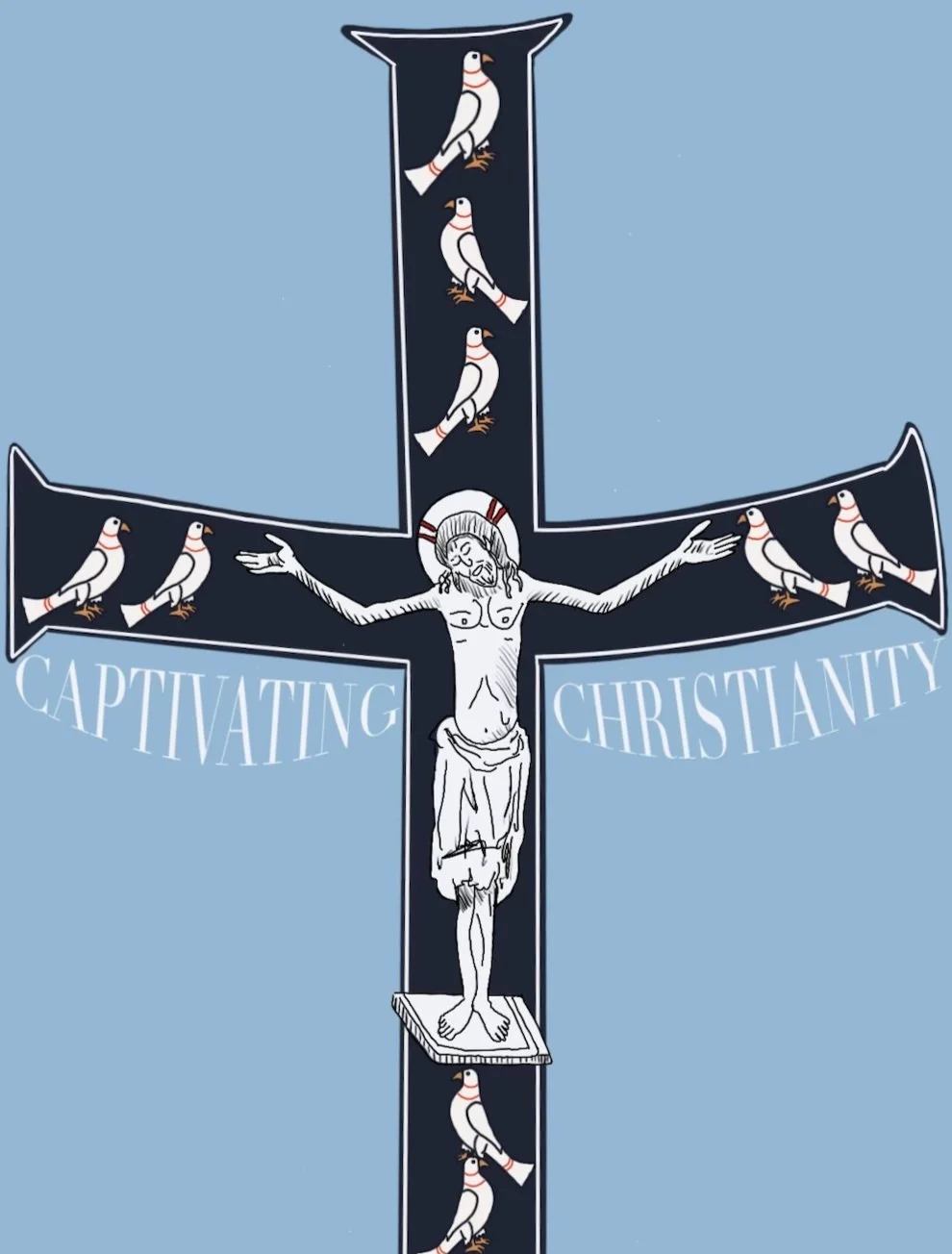An Introduction: “What is Christianity, anyway?”
The Merriam Webster dictionary defines Christianity as, “the religion derived from Jesus Christ, based on the Bible as sacred scripture, and professed by Eastern, Roman Catholic, and Protestant bodies.”
This definition is certainly inclusive and accurate, but is there more to what Christianity is? Some questions we could ask, simply in response to this definition, might include: Would the early followers of Jesus have recognized this definition? Would the apostles have recognized the Christian faith as it is practiced and lived out today in the 21st Century? Why are there three major traditions of Christianity recognized by Merriam Webster in this definition? Why is the Bible considered sacred scripture? Who gives the Bible this description of sacred? Who is Jesus Christ? How and why did he start a religion? These are all important questions for us to consider.
Providing a simple definition of Christianity is almost impossible, given the inexhaustibility and depth of the Christian faith, lived out by believers over the centuries, as they aim to worship, love, and serve God.
We will attempt to approach and answer some of these questions from a few perspectives, which will provide insight into what we are talking about when we use the word “Christianity.”
We will also use a few different methods of approach to answer the question, “What is Christianity, anyway?” This will include the use of historical analysis, biblical interpretation, archaeological study, understanding the ecclesiastical structure of the Church, and perhaps the main and primary way to answer the question—a personal approach derived from Christians who live out their faith through frequent prayer, reading of scripture, partaking in the breaking of the bread, and living out the gifts of baptism, in light of reception of the Holy Spirit.
Finally, in this series we will attempt to answer why we find Christianity to be so incredibly captivating.

